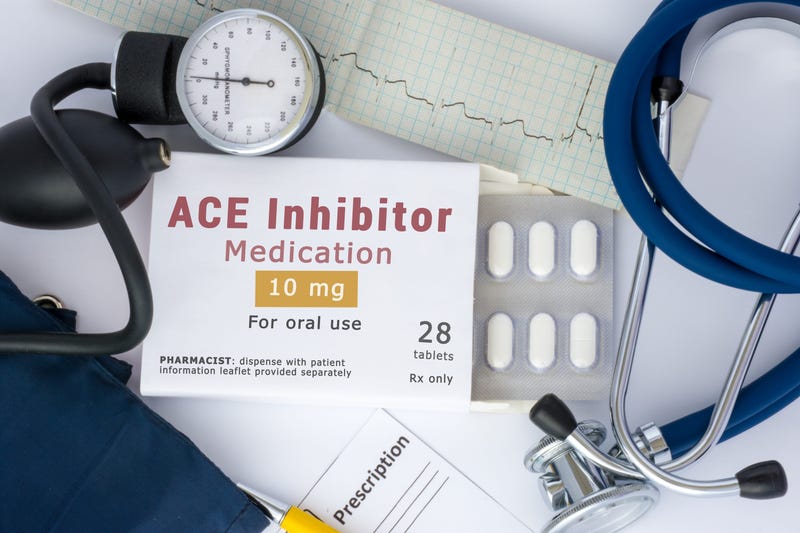
CHICAGO (WBBM NEWSRADIO) -- A new Northwestern Medicine study in mice found a widely used class of drugs to treat patients with hypertension, cardiovascular disease, and diabetic kidney disease does not increase the risk of developing a severe and potentially fatal COVID-19 infection, as previously feared. Northwestern said there have been concerns by the medical community worldwide that the drugs -- ACE inhibitors and certain receptor blockers -- might have caused an increase in ACE2, the main receptor for SARS-CoV-2 (COVID-19), which could possibly increase the risk for this infection and its severity.
RELATED: Common Ingredient in Cough Medicine May Help COVID-19 Grow | Heartburn Medicine Being Studied as Coronavirus Treatment
But Northwestern scientists said the new findings revealed a decrease, not an increase, in ACE2 in mice kidney membranes and no change in lung membranes. The study supports the safety of these drugs in the face of the COVID-19 pandemic.
This study is the first to examine the effect of ACE2 and ARBs in the lungs, which are considered one of the main targets for SARS-CoV-2 entry into the body.
“This study supports the concept that there is no increased risk for COVID-19 infection by using ACE inhibitors and angiotensin receptor blockers,” said Daniel Batlle, the Earle, del Greco, Levin Professor of Medicine at Northwestern University Feinberg School of Medicine and a Northwestern Medicine nephrologist.The paper was published recently in the Journal of the American Society of Nephrology.
